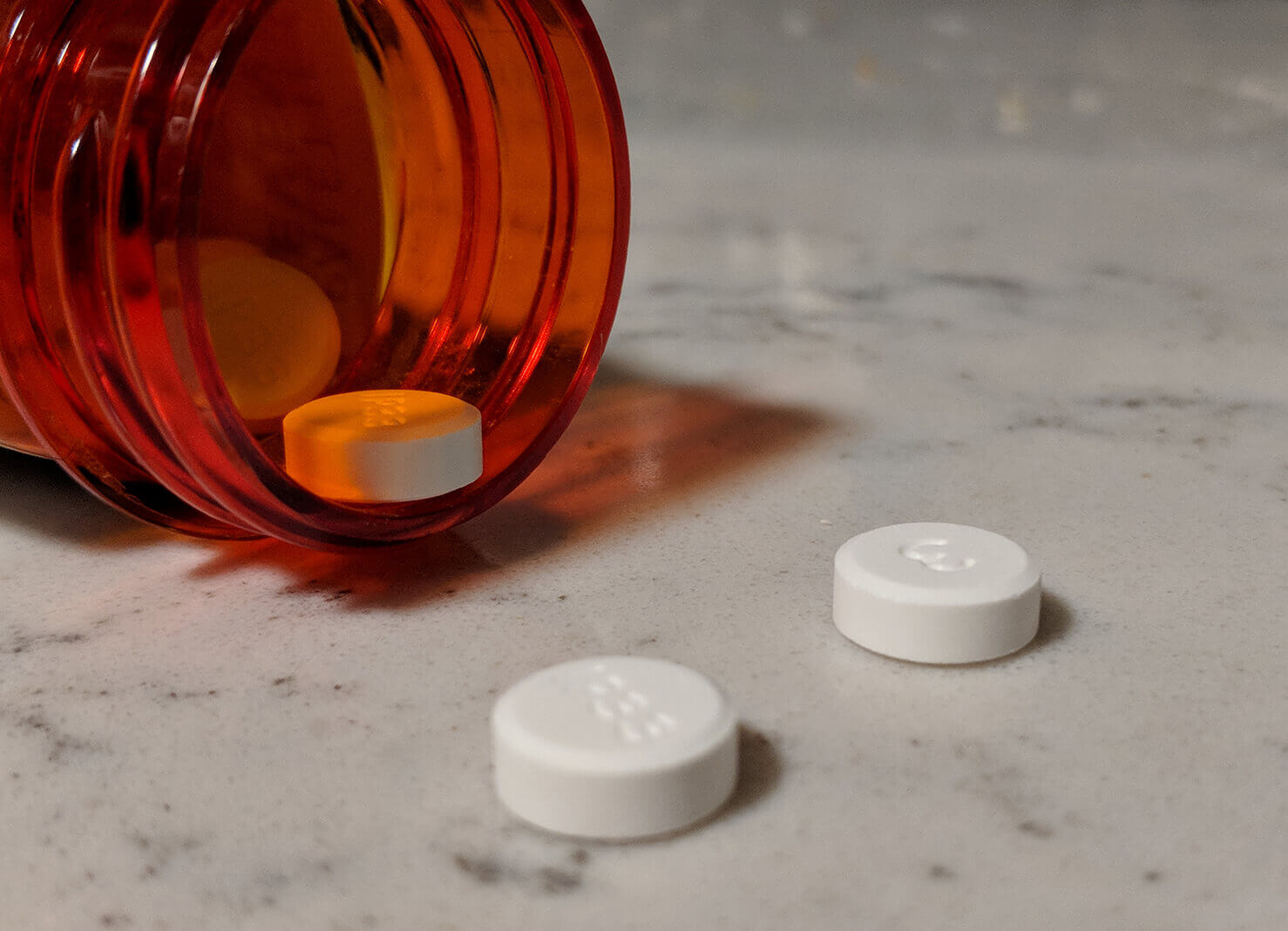In 2016, more than 2,000 people died of an opioid overdose in California. This means opioids—including heroin, synthetic opioids, and opioid painkillers—were responsible for 4.9 deaths per 100,000 people. While this is far lower than the national average of 13.3 deaths per 100,000 people, it is still a problem here in California. The number of lethal overdoses does not include the non-lethal overdoses that people experience every day.
Knowing the signs of an opioid overdose can help you to save the life of a friend or a loved one. The line is often blurred between someone who is very high and someone who is experiencing an opioid overdose. However, knowing the difference can mean the world to the person you are saving.
People who are very high after opioid use will have contracted pupils and slurred speech. They could also scratch their skin a lot. While they may be nodding off, they will still respond to noise or light in their vicinity.
When someone has overdosed, they may stop responding to the world around them. Their skin, fingernails, and lips may turn a bluish-purple color. Their breathing may slow, they may vomit, and they may make choking and gurgling noises. Any sound like an individual is snoring as they sleep could be the sign of an overdose, and you should wake them immediately. The process of dying from an overdose does not happen quickly, so your intervention could save your friend or loved one’s life.
When you suspect someone is suffering from an opioid overdose, call 911. An opioid overdose is not something that should ever be treated at home. First responders can give the person the appropriate medical care that they need to survive an opioid overdose at the scene, and they will take them to an emergency room for further treatment.
First responders will have naloxone, which can counteract an opioid overdose, to help those who have overdosed. Doctors will use induced vomiting and IV fluids to treat the overdose once the patient arrives at the hospital.
If you or a loved one has experienced an opioid overdose, Asana Recovery can help. We work firsthand with those who have experienced this problem every day. To guarantee that you will not suffer another overdose, you will need to get professional help. Those who try to take on recovery alone are far less likely to succeed in recovery. We can help provide you with the tools you need to address all factors in your life that led you down the path to addiction.
Asana Recovery provides people with supervised detoxification and residential treatment programs. Our supportive, relaxing, and inspiring environment helps you to rebuild the life you had before you developed an addiction. We want to help you work towards long-term recovery and the healthiest future possible. Call us at (949) 438-4504 to learn more about how we can help you. We are always available to talk with you.



